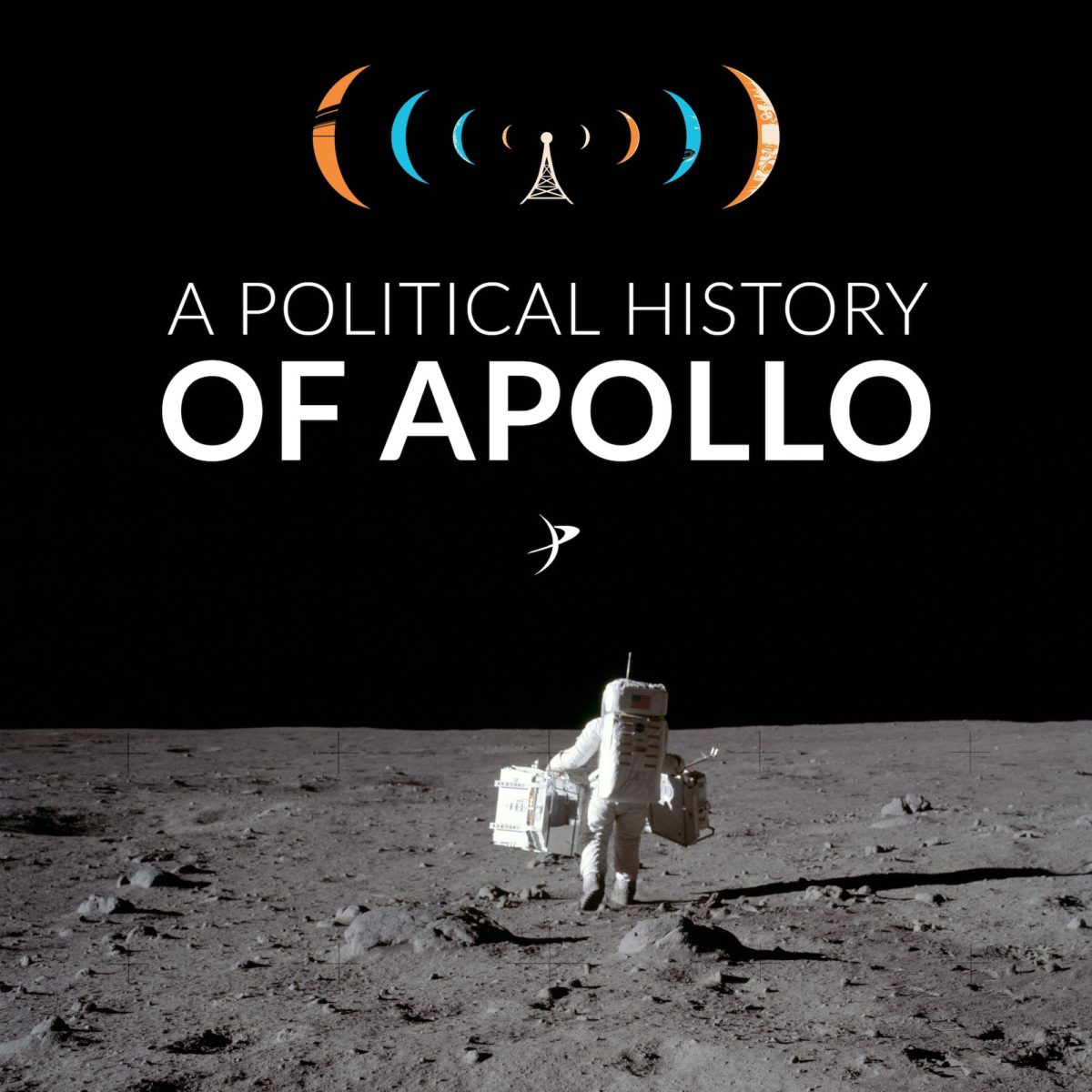
Emily Margolis
Andrew W. Mellon Postdoctoral Curatorial Fellow, American Philosophical Society
Dr. Margolis received her PhD in History of Science and Technology from Johns Hopkins University in spring 2019. Her dissertation, "Space Travel at 1G: Space Tourism in Cold War America," explores the origins of space-themed attractions and amenities that proliferated across the the American South in the late 1950s and 1960s. She argues that "space tourism" provided an opportunity for the public to make meaning of the nation's activities in space.
Her research interests include the social and cultural history of science and technology, history of spaceflight, urban history, and gender studies. Emily has over ten years of experience in museum work and museum-based scholarship.
Latest Articles
Americans were deeply divided over the value of the Apollo program. One member of Congress had a radical idea: open Kennedy Space Center to the public.
Latest Planetary Radio Appearances
Did the public support Project Apollo? Dr. Emily Margolis joins the show to explore the domestic politics and cultural impact of the space age throughout the 1960s. Despite the success of the lunar landings, there was more opposition to Apollo than we generally remember.
In 1964, 40% of the public did not approve of Project Apollo, and more than 50% did not think the moon shot was "worth the cost" throughout the 1960s. Kennedy himself questioned the commitment and considered cooperating—instead of competing—with the Soviet Union in space. At the same time, there was an explosion of space-related pop culture and citizen engagement with the space race. Dr. Emily Margolis, whose dissertation was titled Space Travel at 1G: Space Tourism in Cold War America, joins the show to explore the complicated politics of the home front during Project Apollo.


 Explore Worlds
Explore Worlds Find Life
Find Life Defend Earth
Defend Earth




